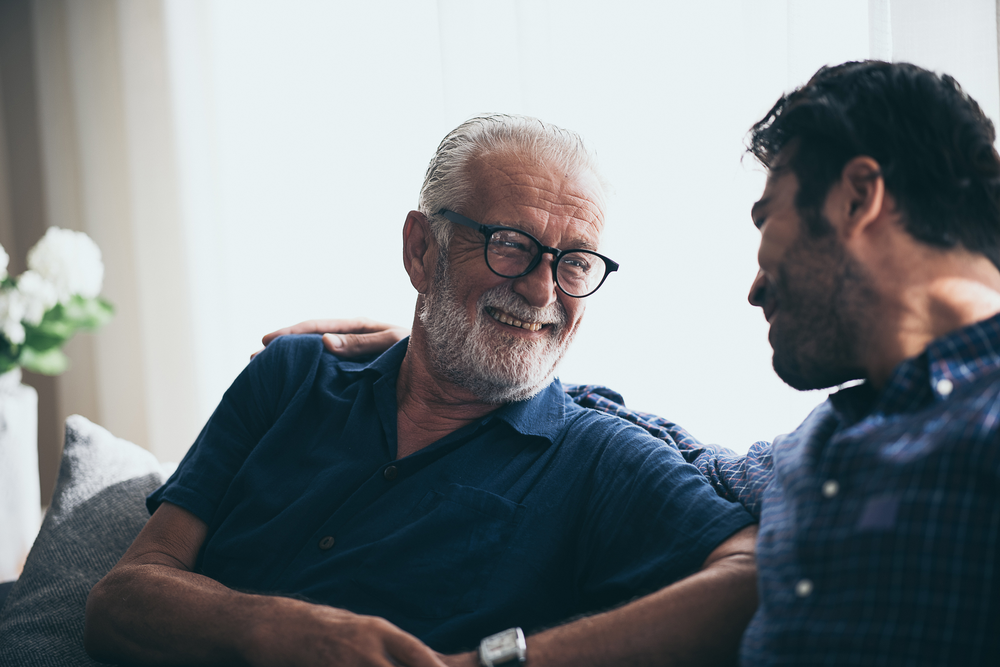When you think of someone living with an addiction, you may not picture someone over the age of 50. While younger people represent a larger portion of those affected by opioid addiction, the reality is that there is a sizable population of older adults at high risk of addiction and overdose. So many of us do not consider older folks at risk, and that only adds to the danger.
Addiction can be a formidable challenge for anyone. Experience and hard-earned common sense are not a defense against opioid addiction. Older adults face several factors that put them at risk. They are more likely to suffer from chronic pain and other ailments, which may lead them to be prescribed opioids for pain management.
Older adults are also subject to stress, just like anyone else. Being confronted with trauma or loss can be a trigger. 2020 has been especially difficult for many Americans who have lost loved ones or suffered financially. Many older adults find themselves isolated under normal conditions, and quarantining has only compounded the effect.
The opioid addiction epidemic in our country is not limited to young people. We must remain aware of parents and grandparents who may be vulnerable. Communication is vital when it comes to getting help for a problem such as this. If you believe you may have a problem with opioid addiction, tell someone. We must never let shame or guilt get in the way of the help we deserve.
Understand that opioid dependence is a medical condition. It can happen to absolutely anyone. It is not a sign of weakness nor lack of discipline. Opioids have a chemical effect on the body that will cause physical dependence after prolonged use.
If you find yourself taking more than you are prescribed or looking to other sources to fill the gap, you should consider being honest with someone. You may be surprised by how common this is and the amount of help available to you.
If you believe someone you know may be struggling with opioid addiction, try to make yourself accessible to them. Strengthen the lines of communication. It is important not to shame the person, but you must not enable them.
When an older adult is involved, the situation can be a bit more delicate. A parent or senior used to the role of guardian, or wise counsel may feel ashamed or defensive. Patience and compassion will pay dividends here. Do not dismiss their feelings. Instead, work to help them see how they can move forward.
Though they may feel shame, try to help them understand that opioid dependence is a common medical condition and should be handled as such. Effective opioid treatment is available. Even when chronic pain is a factor, there are sensible options and non-narcotic regimens they can adopt.
Whatever your specific scenario may be, getting professional advice is always a great place to start. Washburn House can help you or your loved one find the hope and healing they need to get their life back. Our recovery specialists are ready to help you better understand the treatment options for yourself or someone you love. Call us today at 855.298.3104

